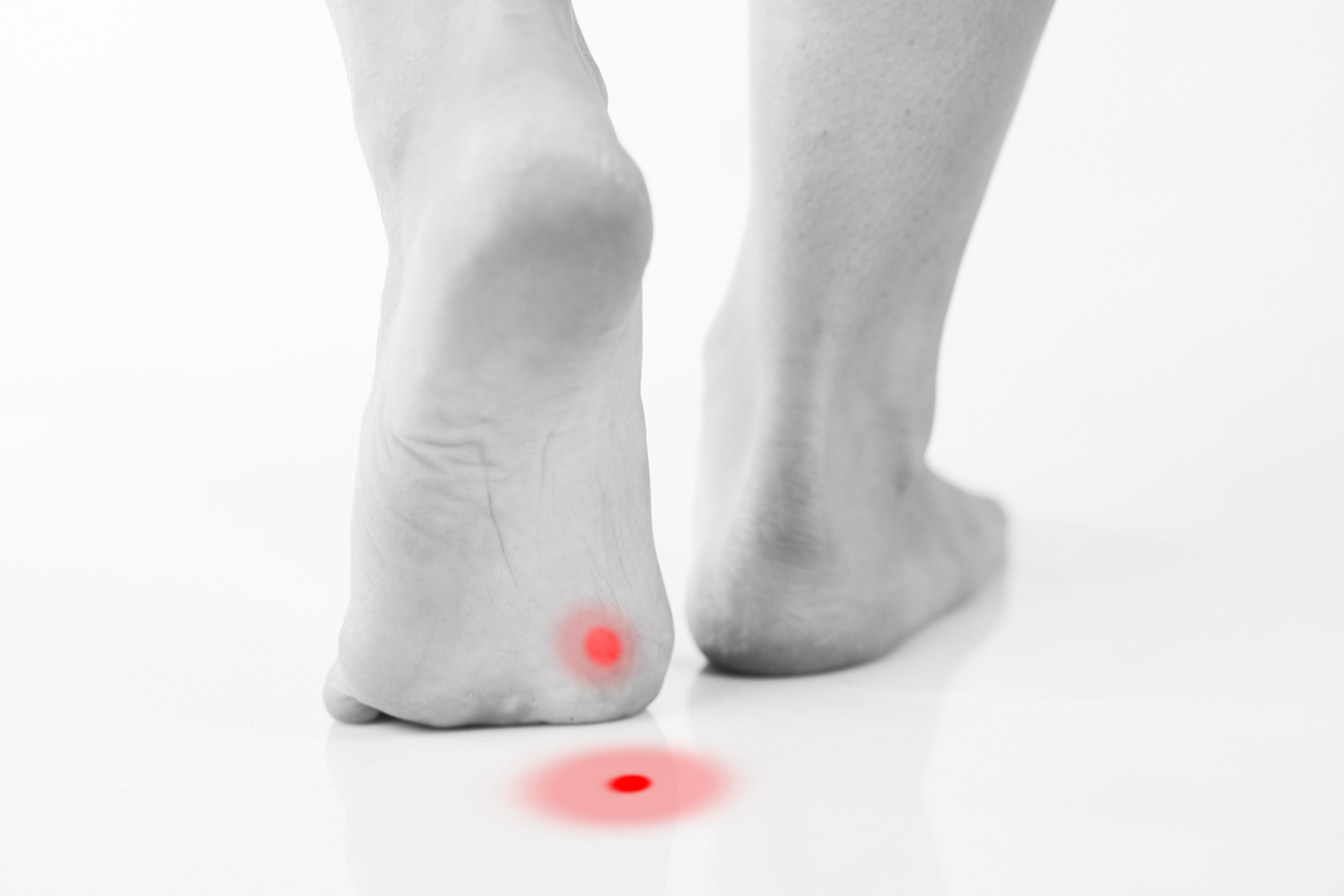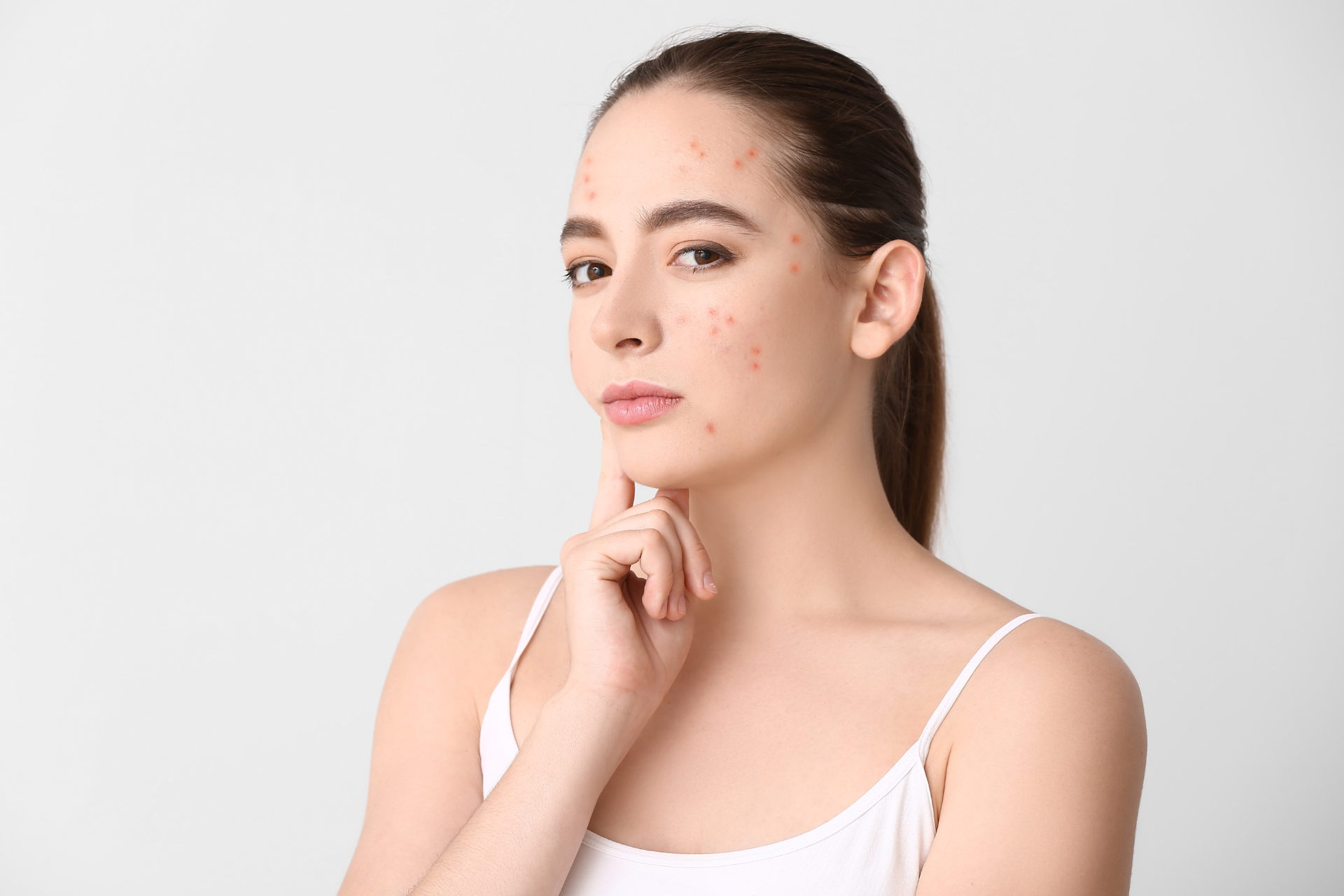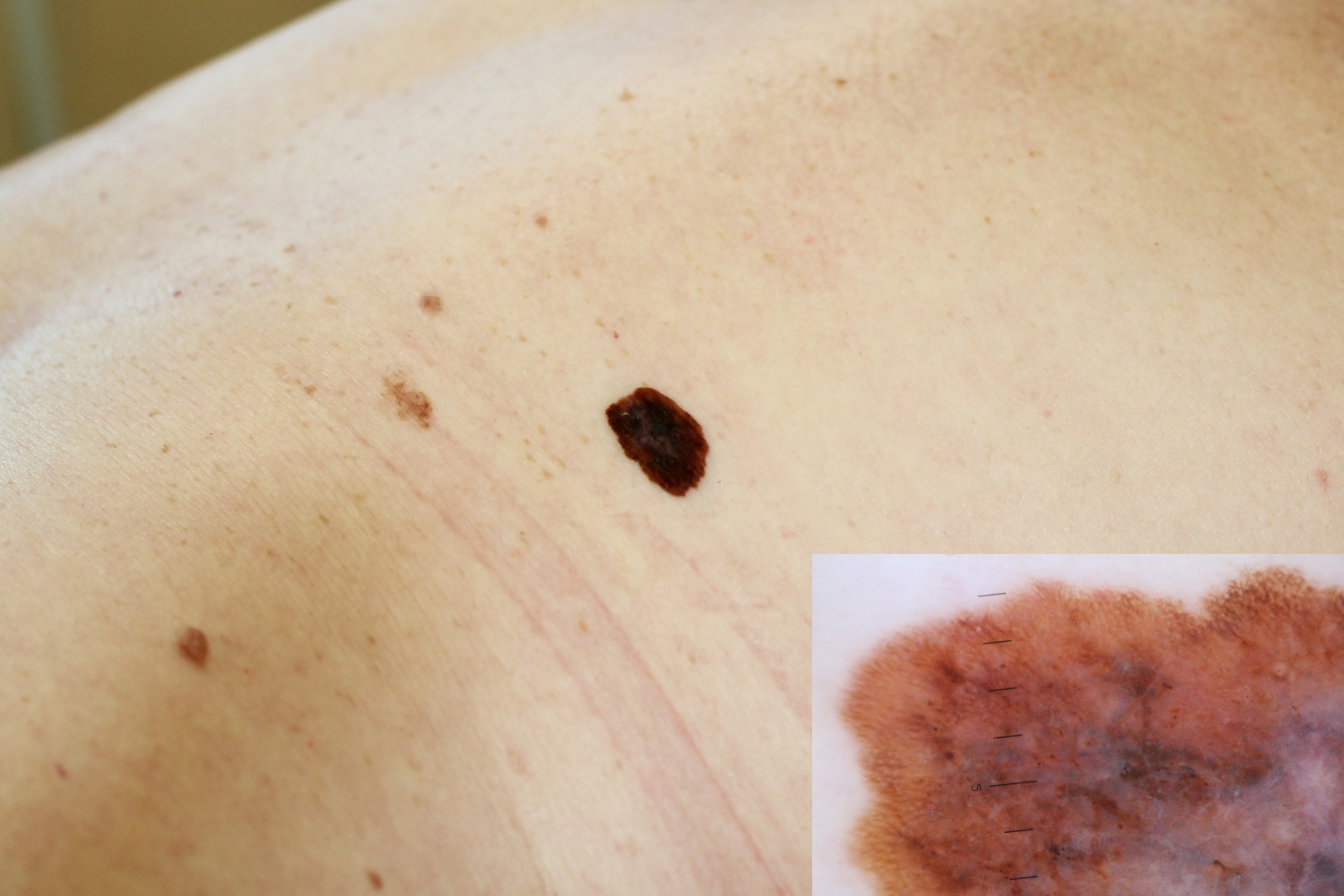The Connection Between Stress and Skin: How to Manage Stress for Better Skin Health

In today's fast-paced world, stress has become a common part of daily life. From work pressures to personal relationships, stress can affect us in various ways, including our skin health. At Fall Creek Skin and Health Clinic, we understand the profound impact that stress can have on the skin and overall health. In this blog post, we will explore the intricate relationship between stress and skin health, and provide practical tips on how to manage stress for better skin health.
The Connection Between Stress and Skin Health
Stress is known to trigger a range of physiological responses in the body, including the release of stress hormones such as cortisol and adrenaline. These hormones can lead to increased inflammation, which can exacerbate skin conditions such as acne, eczema, psoriasis, and rosacea. Chronic stress can also impair the skin's ability to repair and regenerate, resulting in premature aging and a dull complexion.
Furthermore, stress can weaken the skin's natural barrier function, making it more susceptible to external aggressors such as pollution and UV radiation. This can further exacerbate existing skin conditions and lead to increased sensitivity and irritation.
Managing Stress for Better Skin Health
While it may be impossible to eliminate stress entirely from our lives, there are various strategies that can help us better manage stress and minimize its impact on our skin health. Here are some tips to help you reduce stress and promote better skin health:
1. Practice Mindfulness
Mindfulness meditation and deep breathing exercises can help calm the mind and reduce stress levels. Incorporating mindfulness practices into your daily routine can help you stay grounded and present, reducing the impact of stress on your skin.
2. Exercise Regularly
Physical activity is a great way to relieve stress and improve overall well-being. Exercise helps the body release endorphins, which are known as "feel-good" hormones that can enhance mood and reduce stress levels. Aim for at least 30 minutes of moderate exercise most days of the week.
3. Get Adequate Sleep
Lack of sleep can exacerbate stress and lead to a range of health issues, including poor skin health. Aim for 7-9 hours of quality sleep each night to allow your body to rest and repair. Establish a bedtime routine and create a calming sleep environment to promote better sleep quality.
4. Maintain a Healthy Diet
A balanced diet rich in fruits, vegetables, whole grains, and lean proteins can support skin health and overall well-being. Avoid excessive consumption of processed foods, sugary snacks, and caffeine, as these can exacerbate stress and negatively impact skin health.
5. Establish Self-Care Routine
Taking time for yourself and engaging in activities that you enjoy can help reduce stress and promote relaxation. Whether it's reading a book, taking a hot bath, or practicing yoga, find activities that help you unwind and recharge.
At Fall Creek Skin and Health Clinic, we believe in a holistic approach to skin care that addresses both internal and external factors affecting skin health. By managing stress effectively and adopting healthy lifestyle habits, you can support your skin's natural function and achieve a radiant, healthy complexion.
In conclusion, the connection between stress and skin health is undeniable. By taking steps to manage stress effectively and prioritize self-care, you can promote better skin health and overall well-being. If you'd like to learn more about how stress can impact your skin or seek personalized skin care advice, contact our team at Fall Creek Skin and Health Clinic. Stay tuned for more informative content on skin health and wellness.



Need Our Services?
Book a free consultation

Our promise is to offer high-quality medical attention at a fair price in a clean, friendly, and professional environment.
QUICK LINKS
BUSINESS HOURS
- Mon - Thu
- -
- Friday
- -
- Saturday
- Appointment Only
- Sunday
- Closed
All Rights Reserved | Fall Creek Skin and Health Clinic |
